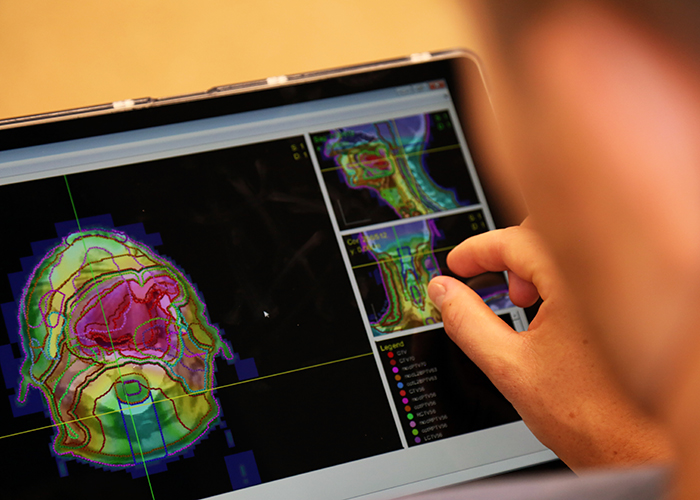
October 31st, 2018
The emergence of artificial intelligence is altering the way we study, work and communicate — a rapid shift described as the fourth industrial revolution. To prepare the engineering leaders of tomorrow to excel in this environment, U of T Engineering is launching a new minor and certificate in artificial intelligence (AI) in January 2019.
“Machine learning (ML) and AI have exploded in importance in recent years,” said Professor Jason Anderson (ECE), director of the new AI minor. “Demand for ML/AI talent in industry and academia are extremely high. Moreover, as the scope of applications broadens, it is believed that demand will exceed supply in this field for years to come.”
To complete the minor, engineering students will need to take six half-year courses (or equivalent) that explore ML and AI concepts, including a new course in AI fundamentals. Courses also delve into topics such as data mining, neural networks and deep learning. The certificate requires three half-year courses.
The new minor and certificate adds to a growing list of AI-focused initiatives and experiential learning opportunities at U of T Engineering, in anticipation of the complex challenges that lie ahead as AI enables new ways of living and working.
“Applications of artificial intelligence transcend traditional disciplines,” said Cristina Amon, dean of the Faculty of Applied Science & Engineering. “With this new minor and certificate, our undergraduate students have the opportunity to enrich their experience and explore this important and evolving area alongside world-leading researchers.”
This fall, the Faculty introduced a machine intelligence major in Engineering Science, the first undergraduate engineering program of its kind in Canada. Offered to professional-stream graduate students is the Master of Engineering in Analytics. In addition, U of T Engineering is providing pathways for undergraduates to gain valuable experience in AI through the Professional Experience Co-op Program (PEY Co-op).
“I’m delighted that U of T Engineering is launching these initiatives. The new certificate and minor in AI demonstrate our desire and our agility to continually adapt our undergraduate curricular offerings to incorporate forward-looking technologies crucial to engineering’s future,” said Anderson.
Upon completion of the minor or certificate, Anderson says that students will have the expertise to integrate their knowledge more broadly in other courses in their engineering disciplines. The programs will also prepare students to become leaders in the field, well positioned to pursue lucrative careers in AI when they graduate.
“Students will be well-poised to apply their AI knowledge within Ontario’s, and more broadly, Canada’s high-tech industry. Canada has long stood at the forefront of AI research, and has recently drawn multinationals such as Facebook, Uber and Samsung to establish Canadian labs with an AI focus,” said Anderson. “Many startups and larger enterprises in Toronto apply AI techniques for myriad purposes, making graduates of the minor and certificate highly-sought after.”
Enrolment will begin in January. The program is open to U of T Engineering undergraduate students in all disciplines and all years.
This article originally appeared on U of T Engineering News.
More information:
Jessica MacInnis
Senior Communications Officer
The Edward S. Rogers Sr. Department of Electrical & Computer Engineering
416-978-7997; jessica.macinnis@utoronto.ca